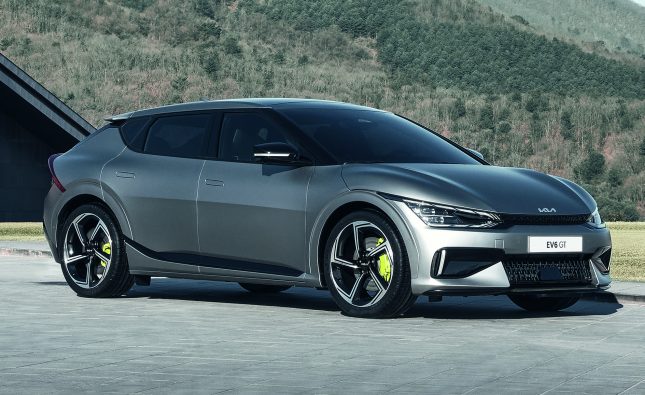
The automotive industry is currently experiencing a major shift as automakers race to become leaders in the electric vehicle (EV) market. With the increasing demand for more sustainable forms of transportation, traditional automakers are being forced to pivot their focus towards EVs in order to stay relevant and competitive. But with so many players in the market, who will emerge as the king of EVs?
One of the biggest contenders in the race is Tesla. The company has been a pioneer in the EV space, producing high-performance vehicles that offer long ranges and innovative features. Their sleek designs and advanced technology have earned them a cult-like following among EV enthusiasts, and their CEO Elon Musk has become a household name.
However, Tesla is no longer the only player in the game. Established automakers like Ford, General Motors, and Volkswagen have all made significant investments in EVs and are working to catch up to Tesla’s early lead. Ford recently released its all-electric Mustang Mach-E, while General Motors is investing heavily in its Ultium battery technology and plans to release 30 new EVs globally by 2025. Volkswagen has also announced ambitious plans to produce 26 million EVs by 2029.
But it’s not just traditional automakers that are vying for a spot at the top of the EV market. Tech companies like Apple and Amazon have also expressed interest in developing EVs, and startups like Lucid Motors and Rivian are generating buzz with their sleek designs and advanced features.
So, what does it take to be the king of EVs? For starters, a strong focus on innovation and technology is key. Automakers that are able to produce EVs with longer ranges, faster charging times, and advanced features will likely have an edge over their competitors. Additionally, a strong marketing strategy and brand identity will be crucial in winning over consumers and building brand loyalty.
Another important factor is the ability to produce EVs at scale. As the demand for EVs continues to rise, automakers that are able to produce high-quality vehicles at a low cost will be in a better position to succeed. This will require significant investments in production facilities, battery technology, and supply chain management.
Ultimately, the automaker that is able to combine innovative technology with a strong brand identity and efficient production processes will be the one to come out on top. While Tesla may have had an early lead in the race for supremacy, it remains to be seen whether they will be able to maintain their position as the market becomes increasingly crowded with competitors. Only time will tell which automaker will emerge as the king of EVs.










